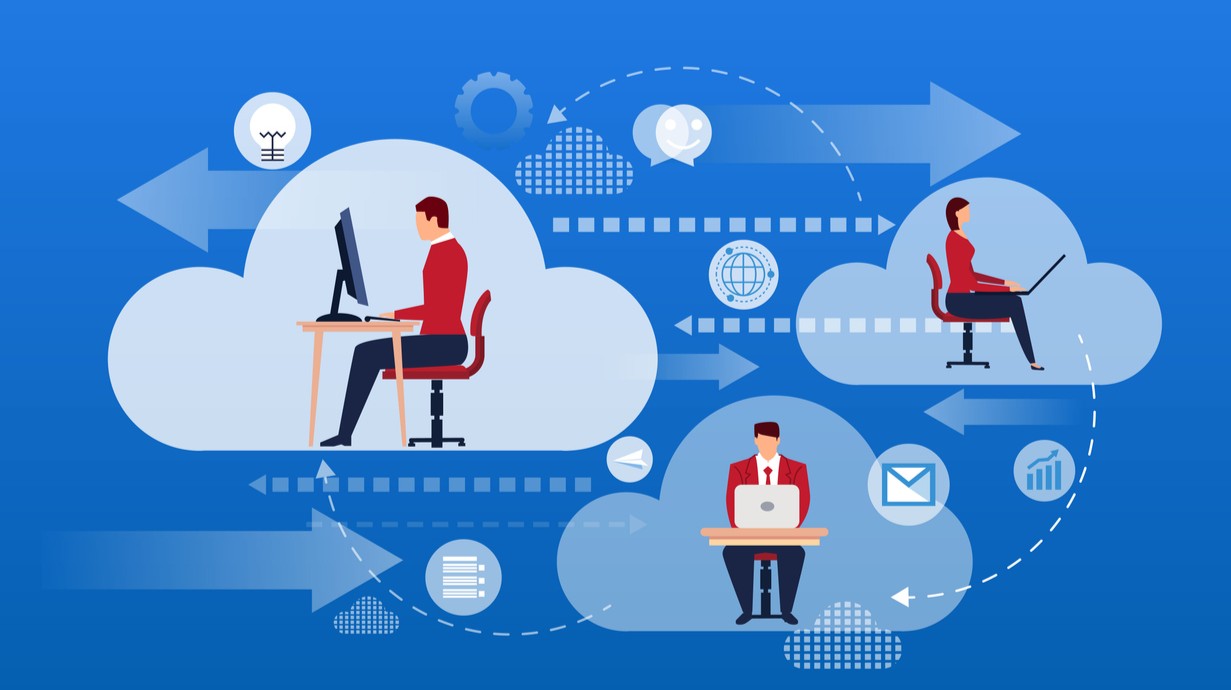The cloud has been a mixed blessing for managed service providers. On the one hand, it’s underpinned dramatic growth in as-a-service solutions, allowing MSPs to become more agile and flexible while encouraging their clients to trust online services. On the other hand, the cloud has generated an alternative vision to what many MSPs initially adopted and marketed.
Fortunately, there are now ways to offer cloud-like customer experiences while preserving the historic benefits of bare-metal (single-tenant) infrastructure, which retains some unique benefits over wholly cloud-hosted solutions.
Cloud-like Bare Metal
For MSPs, the cloud offers advantages such as universal access, affordable pricing, and flexible storage solutions. However, cloud services also pose some drawbacks that can significantly impact the ability to satisfy your customers’ needs:
- Numerous variants. “”The cloud”” is merely a term for servers and services accessed over the internet, and cloud providers have different (often incompatible) systems. Choosing which products and services to adopt can be challenging.
- Difficulty moving elsewhere. Companies that rushed to the cloud early can find it hard to leave, since their systems are now so deeply embedded in these proprietary solutions.
- Noisy neighbors. Because cloud hosting often takes place across shared resources, other MSPs and customer-facing businesses may be running resource-intensive workloads. These bandwidth or processing requirements have the potential to undermine your own ability to meet KPIs.
- Problems introducing new services. If your cloud hosting partner is limited in what it offers, you might not be able to introduce the additional features or functions your competitors are launching. For MSPs, standing still often means going backward.
- Scaling limitations. A domestic company seeking to go global may be stymied if its cloud partner doesn’t operate in a target country or continent. In addition, shared resources may not be suitable for a company whose resource requirements are growing rapidly.
Best of Both Worlds
Recently, certain bare-metal automation platforms have begun to offer the best of both worlds—an agile and responsive bare-metal infrastructure with the ability to support a wide variety of cloud-native and legacy workloads in a more secure and dedicated environment. The latest bare-metal automation platforms are capable of deploying, provisioning, and orchestrating operations of servers, networking, and storage in a self-service fashion for multiple geographically distributed data centers and edge locations. It’s ideal for MSPs who want to expand services.
Innovation and diversification are necessary simply to stay relevant, especially given the dramatic—and likely permanent—changes to working practices caused by COVID-19. Yet it’s far too easy to fall into a rut of doing the same thing constantly, and staying with your existing cloud provider is a comfortable choice. The advantages of bare-metal automation platforms, however, provide a compelling case for switching.
- Ease digital transformation. With the ability to run cloud and legacy applications, bare metal offers your customers a simpler route to digital transformation.
- Automation. Automation services allow you to run lights-out operations for your own customers, making everyone’s life easier in the process.
- Lower-cost alternative to public cloud. Bare metal can be more affordable than public cloud, especially since MSPs who are deeply enmeshed in their cloud host’s services may find themselves paying ever-higher prices. Cloud providers often take loyalty for granted, especially when they’re banking on you finding it difficult to take your business elsewhere.
Bare metal is also ideal for hosting containers. Offering greater flexibility, more stability, and superior portability, containers are increasingly replacing virtual machines. Other services like NoSQL databases are ideally suited to bare-metal cloud services as well, along with distributed edge resources, which have soared in popularity as MSPs attempt to minimize latency and optimize client-side security.
Best of all, bare-metal automation software platforms can help slash IT costs and staffing levels, supporting remote management of storage and servers at a time when working off-site is becoming the norm. At the same time, they can save you money and improve your margins versus other hosting solutions.
To stay ahead, MSPs need to be forward-looking. With bare-metal automation, you can provide a more cloud-like experience for your clients now, while setting them up for the future.
BERNIE WU is head of business development for MetalSoft. He has 25-plus years of experience as a senior executive at data center hardware and software infrastructure companies including Conner/Seagate, Cheyenne Software, Trend Micro, FalconStor, and Levyx. He has a BS/MS in Engineering from UC Berkeley and an MBA from UCLA.














